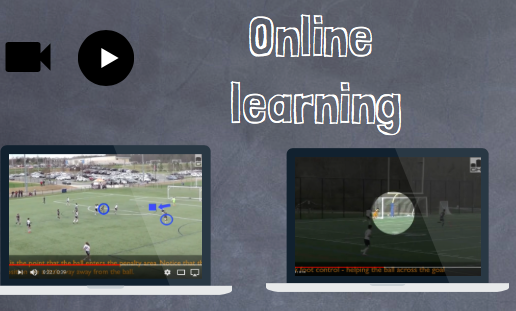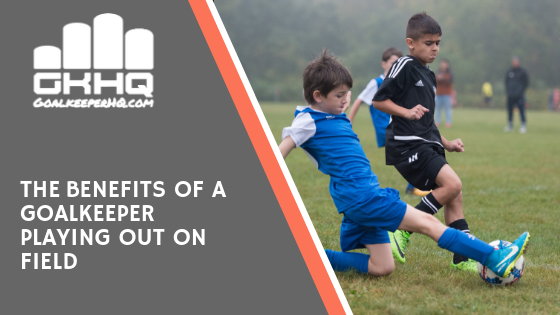
The Benefits of Outfield Training and Playing for Goalkeepers
Inspired by a question on the Goalkeeper HQ closed facebook group and something that is occuring more so in youth soccer. The goalkeeper playing out on field when not in goal.
Here is the question that was posted;
“What do you do when your child has been a keeper since they were 9 years old and you get a new coach for high school who is splitting the keeper position but wants your child to play the field the other half. And during practice and scrimmages puts your child on the field to practice rather than in the other goal. Daughter is a junior and has every intention of playing college. Thoughts?”
I see there being two parts to this question.
- Dealing with the threat of not being the #1 Goalkeeper ( Linked article )
- The benefits of playing out on the field.
The benefits of playing out on the field.
We should all know that the game is evolving and that goalkeepers, amongst other things, are expected to play the ball out like an NFL Quarterback. See the article.
I will provide ( soon, I hope ) an article on how to be not just good, but great with your feet in another article, but for now, let’s look at the benefits of being asked to play on the field.
- Premier League stats show that although there has been an increase in the number of passes made by goalkeepers, year on year since 2012, the big increase in the number of goalkeepers being asked to make 800+ passes in a season. ( That’s 20+ per game ). By playing out on the field you will get an opportunity to get the much-needed practice in when passing the ball.
- The speed of decision making for the passes you make will improve as on the field, players are more likely to press you more quickly than when you are the furthest player back.
- Fitness is important for any athlete, and goalkeepers in the past have had a reputation of being lazy, just standing in the goal. Use this time out on the field to improve your cardiovascular fitness. Goalkeeping fitness is certainly different but the cardiovascular fitness you gain will be important for those high-intensity games and could make the difference between making a save and not making a save when you would otherwise be tired.
- Know your players better. As a goalkeeper, it is easy to be apart from the team as opposed to being part of the team. Use this time to muck in with the team, enjoy jokes and the camaraderie. Just as long as the jokes are not on you!
- Appreciate your friends. ie your defenders. By playing as a defender, you will have a better understanding of what a goalkeeper is asking of them. You will appreciate the balls that the goalkeeper expects defenders to get, you will how good/bad communication can affect decision making and you will be able to understand the ways in which defenders are likely to get beat and what that means for a goalkeepers positioning.
- Know your enemies! ie the forwards. Much like it is important to know how defenders react in certain situations, it important to get an insight into what it is like to play forward so that as a goalkeeper you are better prepared. Angles of shots, the likelihood of hitting shots first time, ways to beat a defender etc!
Many thanks to the Goalkeeper HQ community who helped answer this question with real-life answers. See below.
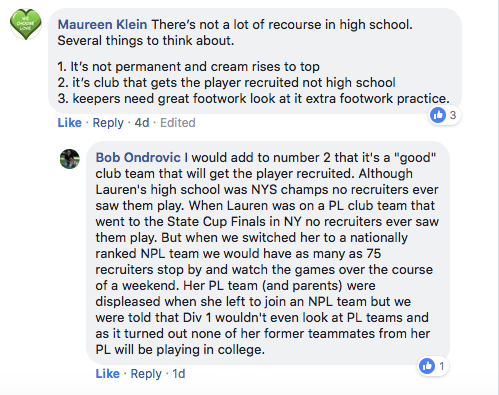
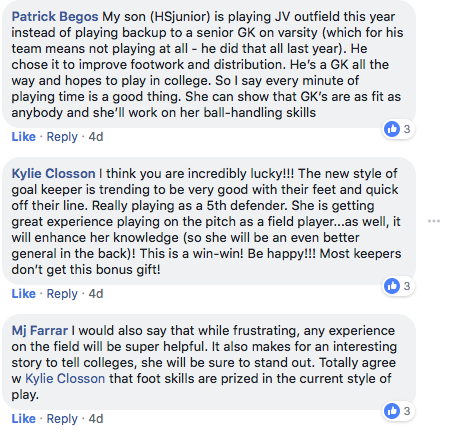
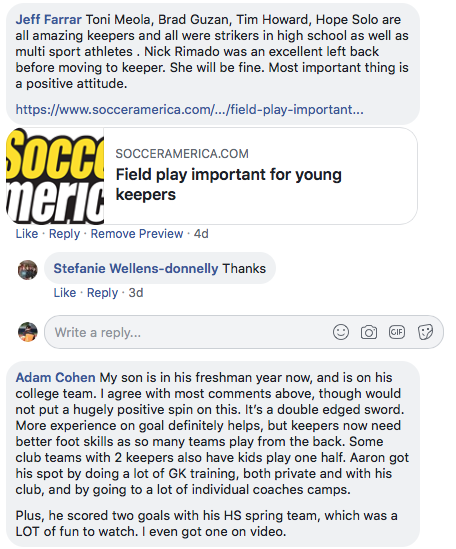
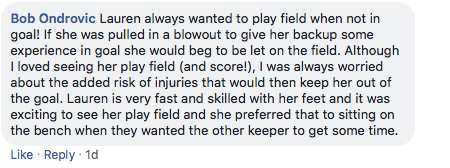
See part one of this article which answers the first part of the question – [Dealing with the threat of not being the #1 Goalkeeper]

